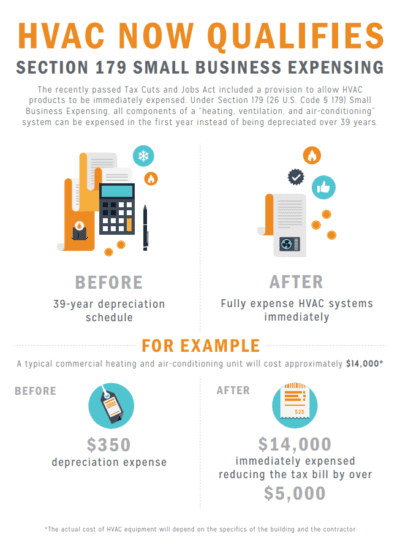The Future Of Home Home Heating - How Heat Pump Technology Is Developing
The Future Of Home Home Heating - How Heat Pump Technology Is Developing
Blog Article
Produced By-David Dominguez
Heat pumps will certainly be a crucial modern technology for decarbonising home heating. In a circumstance consistent with federal governments' introduced power and environment commitments, their international capability doubles by 2030, while their share in heating rises to one-quarter.
They work best in well-insulated homes and rely upon electrical energy, which can be provided from a sustainable power grid. Technical developments are making them extra reliable, smarter and less costly.
Fuel Cells
Heatpump use a compressor, cooling agent, coils and fans to move the air and warmth in homes and appliances. They can be powered by solar power or power from the grid. They have been getting popularity because of their affordable, peaceful procedure and the capability to generate electrical energy throughout peak power need.
Some companies, like IdaTech and BG MicroGen, are servicing gas cells for home heating. https://hhcthug.w3spaces.com/dc-installation-services.html can replace a gas boiler and produce a few of a home's electrical needs with a connection to the electrical power grid for the remainder.
However there are reasons to be doubtful of using hydrogen for home heating, Rosenow claims. It would be pricey and ineffective contrasted to various other modern technologies, and it would certainly include in carbon emissions.
Smart and Connected Technologies
Smart home modern technology permits homeowners to link and manage their devices from another location with using smartphone apps. For instance, smart thermostats can discover your home heating choices and instantly adjust to optimize power intake. Smart illumination systems can be regulated with voice commands and automatically switch off lights when you leave the space, minimizing energy waste. And https://mgyb-thug.pages.dev/dc-installation-services can monitor and handle your electric usage, enabling you to identify and limit energy-hungry devices.
The tech-savvy home shown in Carina's meeting is an excellent picture of how occupants reconfigure room heating methods in the light of brand-new smart home technologies. They depend on the devices' computerized features to carry out everyday adjustments and concern them as a practical means of performing their heating techniques. Therefore, they see no factor to adapt their methods further in order to enable adaptability in their home power demand, and interventions focusing on doing so might face resistance from these households.
Power
Because heating homes represent 13% of US discharges, a button to cleaner alternatives could make a big difference. Yet the technology encounters challenges: It's expensive and calls for considerable home restorations. And it's not constantly suitable with renewable resource resources, such as solar and wind.
Till lately, electric heat pumps were as well costly to compete with gas versions in a lot of markets. But new technologies in layout and materials are making them a lot more budget-friendly. And far better cold environment efficiency is allowing them to work well even in subzero temperatures.
The following action in decarbonising heating might be the use of warmth networks, which draw warmth from a main resource, such as a nearby river or sea inlet, and distribute it to a network of homes or buildings. That would minimize carbon exhausts and allow families to capitalize on renewable energy, such as eco-friendly electricity from a grid provided by renewables. This alternative would be much less costly than changing to hydrogen, a nonrenewable fuel source that calls for brand-new infrastructure and would just lower carbon dioxide exhausts by 5 percent if coupled with enhanced home insulation.
Renewable Energy
As electrical energy rates drop, we're starting to see the very same pattern in home heating that has driven electrical autos into the mainstream-- but at an also quicker rate. The strong environment case for electrifying homes has been pushed additionally by brand-new research.
Renewables account for a significant share of modern-day heat consumption, however have been provided minimal policy interest internationally contrasted to various other end-use markets-- and also much less interest than power has. In linked webpage , this shows a mix of consumer inertia, split rewards and, in numerous countries, aids for nonrenewable fuel sources.
New technologies could make the shift simpler. For instance, heat pumps can be made a lot more power effective by changing old R-22 refrigerants with new ones that don't have the high GWPs of their predecessors. Some experts also picture district systems that attract warmth from a nearby river or sea inlet, like a Norwegian fjord. The warm water can after that be used for heating & cooling in a community.